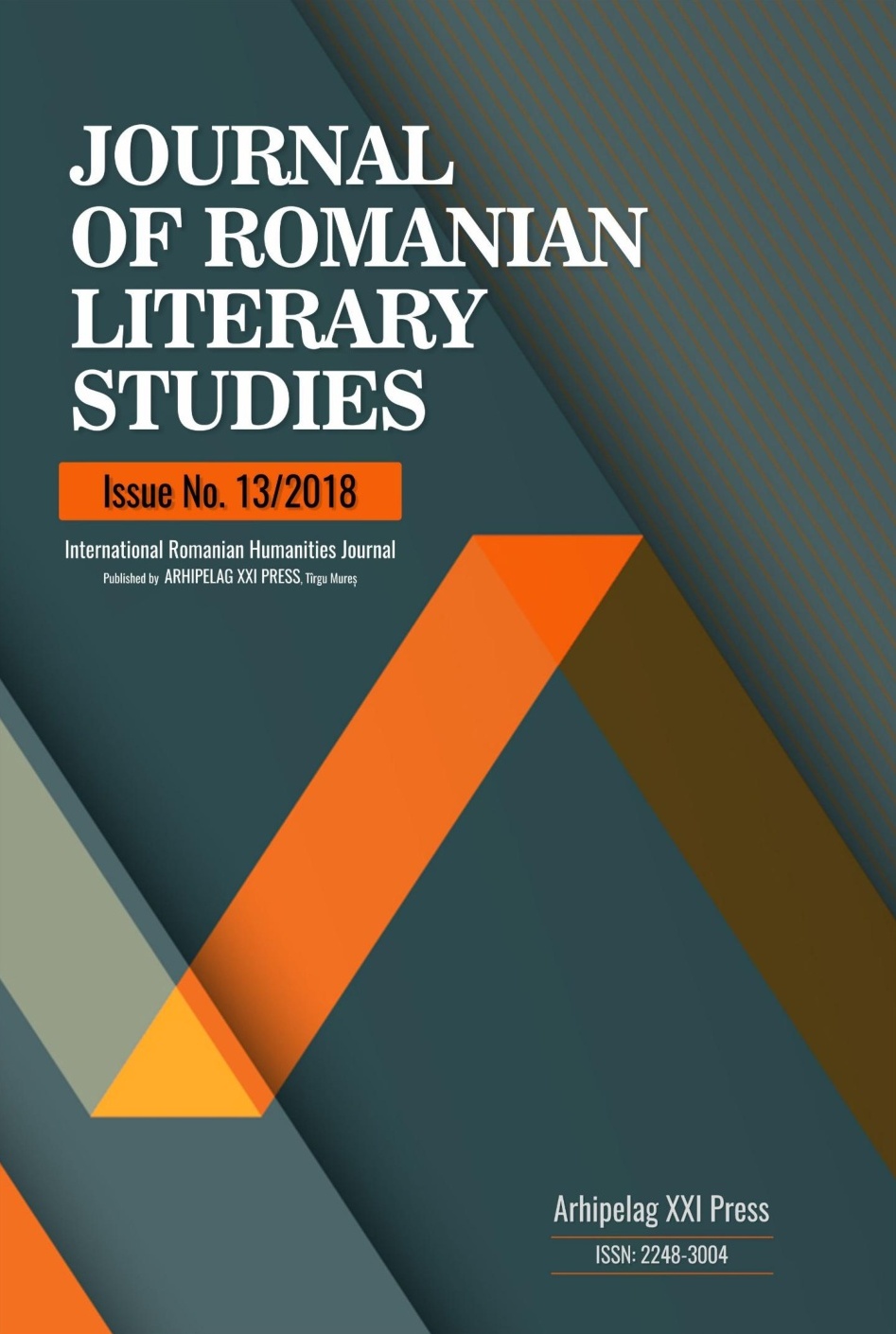THE LITERATURE OF EXILE. VIRGIL IERUNCA’S CASE
THE LITERATURE OF EXILE. VIRGIL IERUNCA’S CASE
Author(s): Marinela-Viorica SabouSubject(s): Comparative Study of Literature, Romanian Literature, Migration Studies, Theory of Literature
Published by: Editura Arhipelag XXI
Keywords: exile; anticommunism; country; language; diaspora;
Summary/Abstract: A representative figure in the literature of exile is the case of Virgil Ierunca who was a greatest journalist, an essayist and a critic. He had a great contribution to our Romanian literature and to the understanding of many contemporary writers by the generations that followed. Arriving in Paris, he has to accept a dual cultural identity by using his native idiom and his exile, trying to focus both on the country's reader and on the adoptive country's reader. He has to get rid of his original identity and assimilate the new environment. At Free Europe radio, he tries to awaken the Romanians, he praises the valuable personalities and never stops denouncing the Communist dictatorship in Romania. From the voice behind the microphone he reveals the baseness of his contemporaries, the collaborators of an odious regime, trying to draw attention to the danger of the depersonalization of the human being. Once he accepts that the exile will last, Virgil Ierunca gathers a cultural group in a house in Paris, a group which has the common goals: the will to decide from the outside on the Romanians' cultural identity, the will to keep the tradition and to delimit the realistic- socialist literature from the country with the one which is really valuable, the will to cultivate the national language and to preserve the publications of the members of the Romanian's exile. All these common goals were achieved through associations, publishers or magazines, taking into account the fact that the famous critic collaborated a lot with them. In this respect we can mention the periodical publications such as: Gînduri Libere, America, Românul, Cuvîntul în exil, Drum, Revista Scriitorilor Români, Cuvîntul Românesc, Dialog, Mele, Contrapunct, Agora, Lupta, dar și revistele Caete de Dor, România Muncitoare, Ființa românească, Limite, Ethos. (Free Thoughts, America, The Romanian, The Exiled Word, The Romanian Writers' Magazine, The Romanian Word, Dialogue, My, Counterpoint, The Agora, The Fight as well as the Caete de Dor, Romania Worker, Romanian Being, Limits, Ethos). As a literary critic in exile, Virgil Ierunca explained his mission, which he assumed, in a conversation with Octavian Paler: "I will do everything I can against those who had stolen my country. I will cry in the wilderness and write - even against the walls - against the invaders (inside or outside my country). We conceived the struggle against the communism only as a religious warŗ1 . In his work, the Pitesti Phenomenon, he denounces the communist experience of the terror, used as an instrument of psychic destruction, and in the Anthology of Shame he reveals the Romanian intellectuals serviced sluggishly to the regime communist. For his democratic and anti-communist activity he was awarded the Iuliu Maniu medal and for the literary one he was also awarded with the Honorary Diploma of the Romanian-American Academy of Art and Science in 1987.
Journal: Journal of Romanian Literary Studies
- Issue Year: 2018
- Issue No: 13
- Page Range: 735-742
- Page Count: 8
- Language: Romanian

